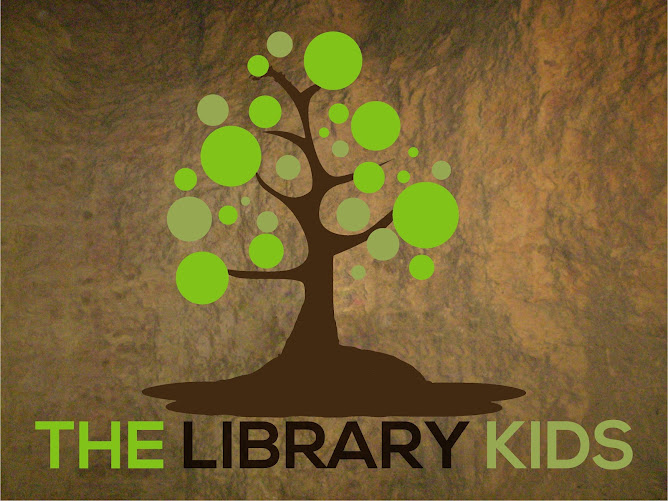The Dagda
In the Irish book, The Irish Mythological Cycle and Celtic Mythology, the five migrations to Ireland are discussed. It is also stated that Dagda is Zeus:
In Ireland, the Tuatha De Danann, together with Partholon and Nemed, who on some points are the counterparts of the Tuatha De Danaan, have as their rivals the Fomorians. Dagda (Dago-devo-s, "Good God"), king of the Tuatha De Danaan is the Zeus, or Ormazd of Irish mythology; the Tuatha De Danaan, or "folk of the god (devi), (son) of Dana," are none other than the Deva of India, the gods of Day, the Light, and of Life. The Fomore, or Fomorians, who are the adversaries of the Tuatha De Danann, represent in Ireland a mythical group corresponding to the Indian Asura, and the Greek Titans; their chief Bress, Balar, or Tethra, is sprung from a mythical conception, originally identical with that which produced the Greek Kronos, the Iranian Ahriman, the Vedic Yama, King of the Dead, Father of the Gods; Tvashtri, God the Father in the Vedas, and the Vedic Varuna, old Supreme God supplanted by Indra.(H. D'Arbois De Jubainville and Richard Irvine Best, The Irish Mythological Cycle and Celtic Mythology, page 9).
Tethra, chief of he Fomorians, overcome in the battle of Mag Tured (Moytura), becomes King of the Dead in the mysterious region they inhabit across the water (1). So also the Greek Kronos, overcome in the battle between Zeus and the Titans, reigns in the distant Isles of the All-Mighty or the Isles of the Blest, over the dead heroes who fought at Thebes and Troy.(H. D'Arbois De Jubainville and Richard Irvine Best, The Irish Mythological Cycle and Celtic Mythology, page 9).
So you can see here that the Celtic Dagda has been named as the equivalent of Zeus and the leader of Tuatha De Danann. The cycles consist of five migratory invasions into Ireland. They include
the Mythological cycle that includes the race of Partholon and the subsequent Fomorian invasion and the Tuatha De Danann invasion , the Ulster cycle, the Fenian Cycle and the Cycles of the Kings.
The Fomorians were said to be giants. They battled with the Tuatha De Danaan and lost. The name Tuatha De Danaan comes from the goddess Dana. Dana is sometimes associated with Brigid who was a daughter of Dagda and would be the equivalent of the Greek Athena. She was married to Bress, the King of the Fomorians and had 3 sons. This is different from the Greek Athena who was said to remain as a Virgin goddess, but it is possible that her life changed as time went on and Greek mythology remembers her before her marriage.
The name Tuatha De Danann means "folk of the god whose mother is called Dana," genitive Danann or Donand. Dana, nominative Donand in Middle-Irish is elsewhere called Brigit; she is the mother of the three gods who are known sometimes as Brian, Iuchar, and Uar, at other times as Brian, Iucharba, and Iuchair. These three mythical beings are the gods of art and literature - dei dana, or the gods, sons of the goddess Dana, dee Donand.
(H. D'Arbois De Jubainville and Richard Irvine Best, The Irish Mythological Cycle and Celtic Mythology, page 81-82).
The Tuatha De Danaan battled and won against the Fomorians and Fir Bolgs in the Battle of Mag-Tured. It was won thanks to the help of the smith gods that included Goibniu who made the Tuatha De Danaan fresh and strong weapons. Goibniu would be the equivalent of the Greek Hephaestus.
by Rita Jean Moran (www.thelibrarykids.com and www.hiddenhumanstory.com)
Links:
http://en.wikipedia.org/wiki/The_Dagda
http://en.wikipedia.org/wiki/List_of_Celtic_deities


No comments:
Post a Comment